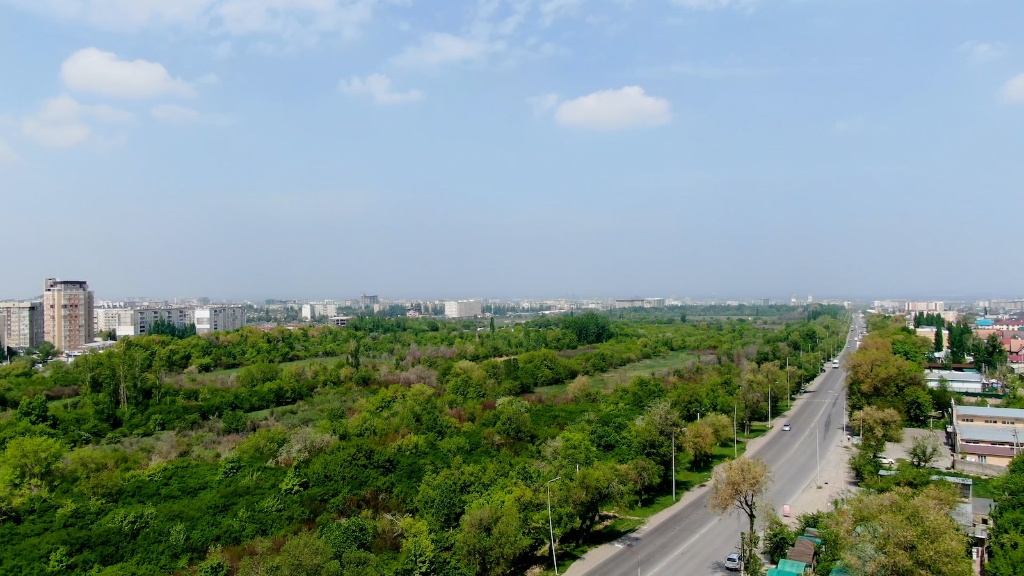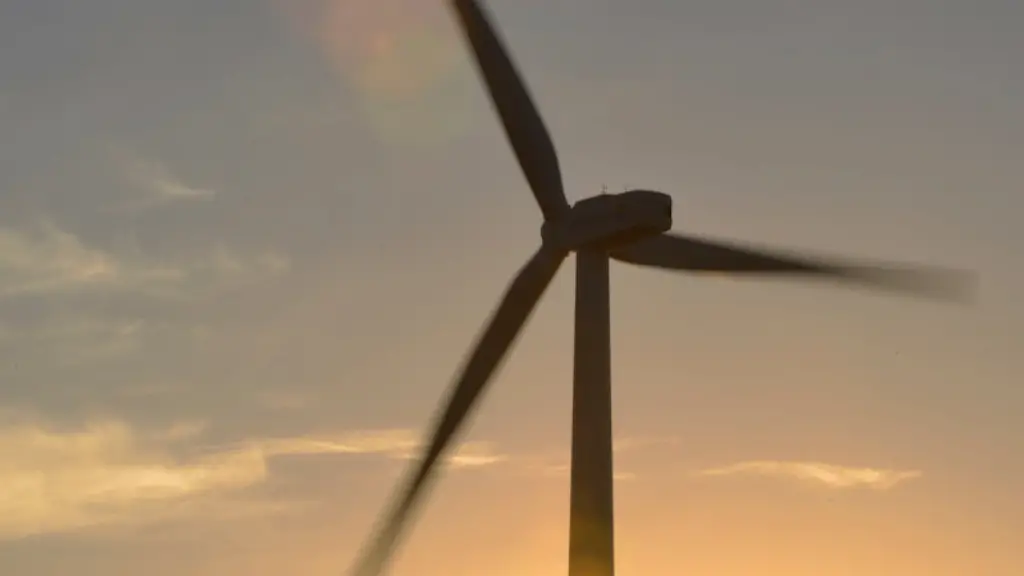The ongoing global debate on how to reduce carbon emissions and combat climate change has made one thing abundantly clear – conservation of resources, such as water, is essential to curbing its impacts. Conserving water not only preserves our natural resources, but it also significantly contributes to the efforts aimed at mitigating global warming. This article investigates the key ways that water conservation can help to reduce the effects of climate change both now and in the future.
In short, reducing water consumption helps address climate change in two key ways: firstly, by directly reducing emissions and secondly, by curbing indirect emissions through energy-conservation measures.
With regard to direct emissions, water use is directly linked to the emission of heat-trapping gases such as carbon dioxide (CO2). For example, the energy used to heat water for domestic purposes emits large quantities of CO2 into the atmosphere. By reducing our consumption of water through methods such as efficient showers and faucets, we can reduce the amount of energy required to heat it and thus, lessen our direct emissions.
In addition to directly reducing our emissions, water conservation can also curb indirect emissions found in activities such as agriculture and industry. Water is widely used in agriculture as a means to irrigate crops, but it is also required in large quantities at industrial sites for various activities. By conserving water through efficient irrigation techniques, we can save energy and curb indirect emissions.
The effects of water conservation extend even further. To begin with, conserving water can also contribute to addressing other environmental issues, such as reducing land and air pollution. In addition, water conservation allows us to save on energy, as providing freshwater is an energy-intensive process. According to a 2019 report by the International Energy Agency, the energy required to provide access to clean and safe water to everyone accounts for around 8% of global electricity use – the highest proportion of all sectors. Thus, by conserving water, we can reduce our overall energy consumption and its subsequent emissions.
Furthermore, conserving water also has a direct impact on our own wellbeing. By using our resources responsibly, we can ensure that future generations will have access to clean and safe water, an essential element for human health. In addition, conserving water helps preserve aquatic ecosystems, which are home to thousands of species, including many endangered ones. This is particularly relevant in areas affected by drought – the best way to address the issue of water shortage is to use what we have responsibly.
Finally, it is important to note that although conserving water can help to mitigate global warming, it should not be viewed as a magic bullet that will instantly address the issue. As noted by experts, we must also strive to reduce emissions from other sources, such as transportation and electricity production, if we want to the curb the impacts of climate change drastically.
In sum, conserving water is essential in our fight against climate change. Taking simple measures such as using efficient showers and faucets, reducing use in agriculture, and switching to other sources of energy can contribute to reducing our emissions, improving our environment and giving future generations a better chance of having access to clean and safe water.
Rather than viewing water conservation as a mere inconvenience or an effort without a clear outcome, we must see it as a positive course of action and a tangible way we can help reduce global warming. We must strive to include it in our daily practices, with the understanding that the sooner we all start conserving, the better the future we can all help create.


